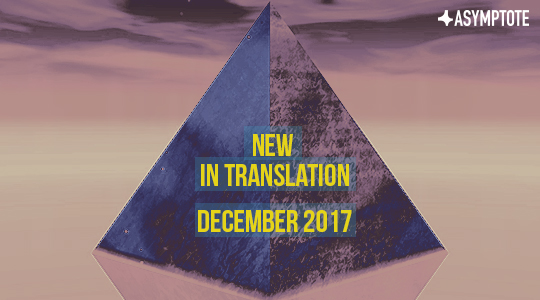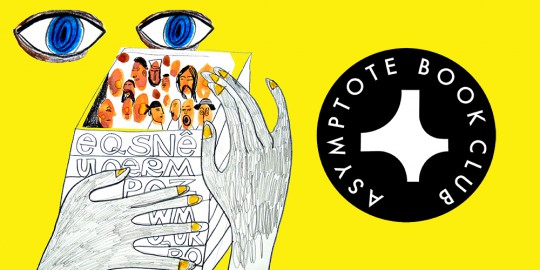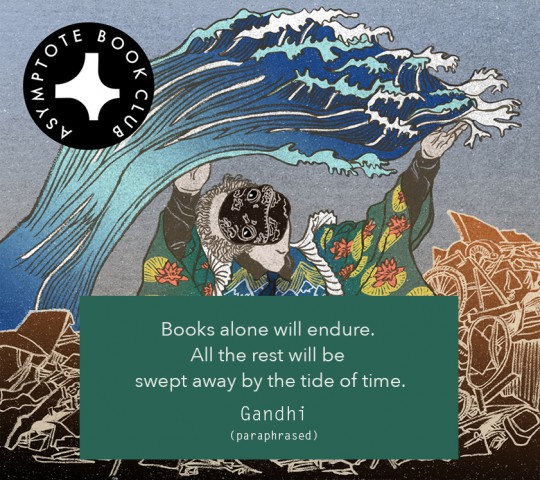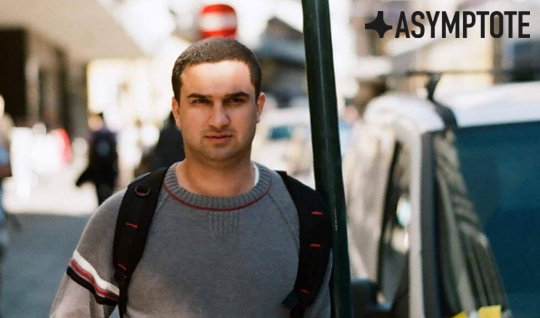2017 was a fantastic year for books, but there’s still so much more we want to share before we enter the New Year! This month, our team of editors review two new books from China and Japan—each of them special in their own way. Dive in!
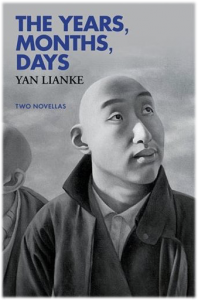
The Years, Months, Days by Yan Lianke, translated from the Chinese by Carlos Rojas, Vintage (UK)
Reviewed by Dylan Suher, Contributing Editor
Released years after the publication of the original, translations benefit from historical hindsight. Although the two novellas contained within The Years, Months, Days (Grove Atlantic, December 2017) are the latest of Yan Lianke’s works to be translated into English, they were originally published in 1997 (The Years, Months, Days) and 2001 (Marrow, originally titled Balou Mountain Songs 耙耧天歌), just before the string of novels upon which Yan’s reputation now rests: Hard Like Water (2001), Lenin’s Kisses (2004), Dream of Ding Village (2005) and Four Books (2011). Read in retrospect, these novellas represent a critical point in the evolution of Yan’s aesthetic. In both, we can see Yan learning how to best use his preferred technique of primordial allegory, painted with a broad Fauvist brush. Carlos Rojas tends to smooth out and harmonize Yan’s expressive phrasing, but the credit (or blame) for the rough symbolist feel of a metaphor like time that “rushes past their interlocked gazes like a herd of horses” should all go to Yan.

